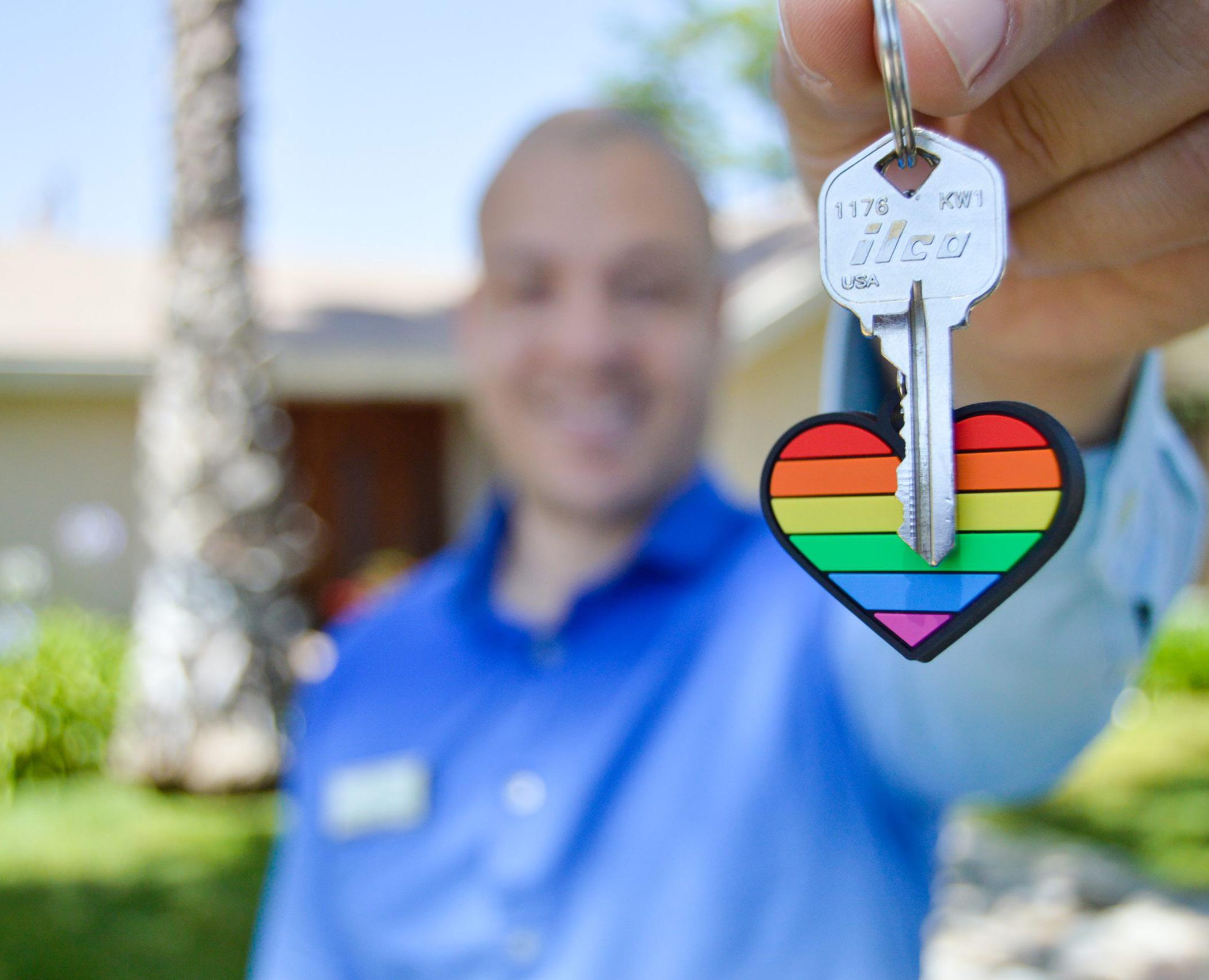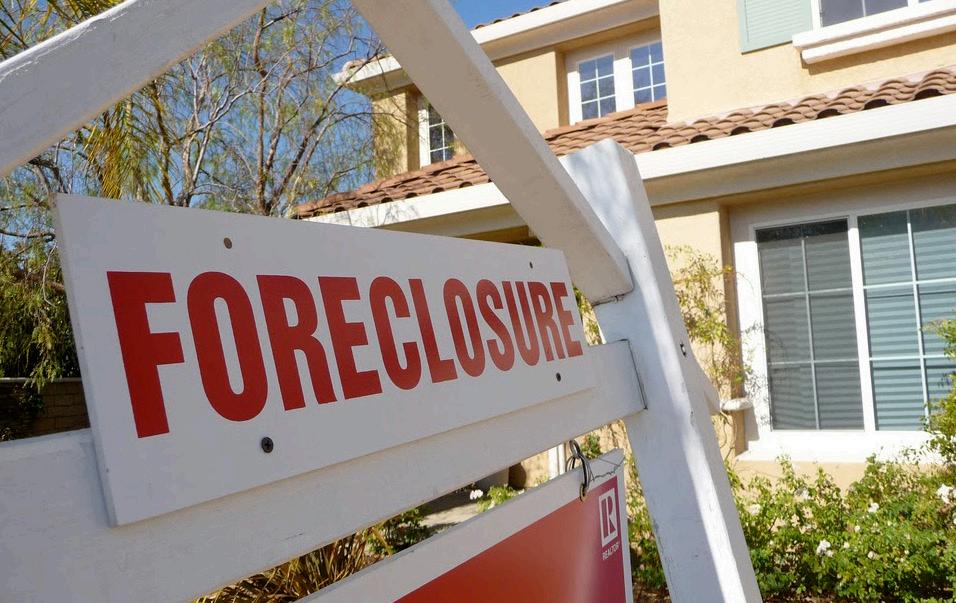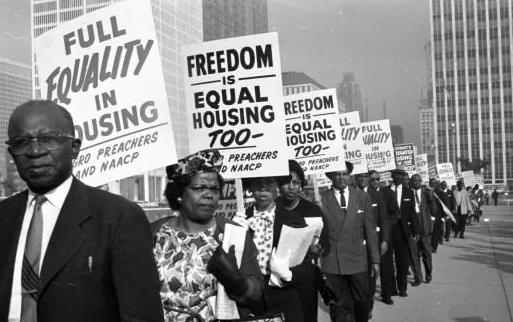
5 minute read
HOUSING COUNSELING 101
Lack of affordable housing and volatile mortgage rates in Southern California are some of the biggest challenges facing our communities. We all have different thoughts and opinions on how to solve the problem. Yet few know little about a very effective government program formed in 1968 that has proven to make a difference.
For more than 55 years, the U.S. Department of Housing and Urban Development (HUD) has partnered with local agencies to help families and individuals stabilize their lives through a widespread initiative to offer Housing Counseling. Today in Southern California, there are more than 41 HUD-approved sites offering these services including Lutheran Social Services of Southern California (LSSSC) representing more than 12% of total sites.
Advertisement
What Is Housing Counseling? - Housing
Counseling is a federally funded program providing individual counseling sessions, group education, and live workshops for free. They are designed to help citizens address all kinds of housing needs. They also help them maintain quality affordable housing and learn more about housing options. Certified housing counselors provide this education along with vital resources like information on:
• First-time homebuyers mortgages
• Keys to successful ownership
• Foreclosure prevention
• Understanding rental agreements
• In-depth financial literacy and more
Why Housing Counseling Is Important
in Your Community? - The reality is that buying a home is a big decision. It is often complicated and overwhelming. The process involves countless decisions on mortgage types, lender options, offer negotiations, home inspections, and insurances. The list goes on and on.
First time buyers must deal with rejections, deal with multiple parties, struggle to understand financial transparency, and face difficult transitions. It is deeply personal. It’s logical that an educated counselor is needed to help guide and support someone through the process.
For families with limited resources, it is even more important to make a decision that best benefits their financial position and allows them to continue meeting their family’s needs. Among the easily overlooked dealing with these processes are:
• Low-income households
• Immigrant households
• Those with language barriers
• Those with less than perfect credit histories
• And other historically marginalized people
These systemic barriers make homebuying an even more challenging process for a lot of our neighbors, friends, and community members. For example, according to a NeighborWorks America study, the average Hispanic and African American homebuyer can expect to be required to pay a minimum of 20% down on a home when the national average for all homebuyers is only 6%.
It’s hard to root out all the causes of such disparities, especially knowing that many first-time homebuyers are eligible for a Federal Housing Administration (FHA) loan for a downpayment of only 3.5%. Housing Counseling works at its most basic level by educating and arming as many potential buyers with facts like these.
Lutheran Social Services in ActionHousing Counseling has been a natural program for LSSSC to offer for the last three years in our mission to serve vulnerable populations. Our Housing Counseling program has primarily served two of the most densely populated counties in the state (Orange County and Los Angeles County) and now also serves San Bernardino, Riverside and Ventura counties.
Each year, LSSSC provides more than 700 hours of housing counseling to community members. Of the total served in 2021-2022:
• 3% received First Time Homebuyer Counseling
• 35% accessed Foreclosure Prevention Counseling

• 12% received Housing Counseling While Homeless
• 45% received Renter’s Counseling
• 6% received Post Home Purchase Counseling & Education as non-delinquent homeowners.
Voices From The Community – Southern California homeowners certainly faced challenges keeping up with mortgages both during and post pandemic. This is especially significant considering foreclosure rates rose 116% in California during the pandemic. In fact, California is now ranked eighth among the highest foreclosure rates by state, according to ATOM Data . As the most populated state in the U.S., there is one foreclosure in every 3,494 California households.
Many, like program participants Monica and Maria, had desperately been working on applying for a loan modification to avoid foreclosure. They had reported that they’d even spent precious funds hiring various for-profit agencies trying to simplify the process. It had only complicated their ability to access options.
By the time they reached LSSSC Housing Counseling Services in Fullerton, CA, they were beginning to lose hope. Monica and Maria received immediate help to identify their family's exact needs. They were also able to fully understand and choose from all feasible options. After several in-person meetings and phone appointments with their LSSSC counselor, they were successfully approved for the California Mortgage Relief program, preventing foreclosure.
“They were attentive to our questions and empathetic to our family’s situation. We’re extremely grateful for all their help and guidance. It’s been a relief to my family to be able to receive consultation about all our concerns over our housing situation. And, to be treated with respect. At times, it was overwhelming to think about potentially losing our home. Housing Counseling has helped empower me and my family to do the best we can. The guidance received helped us not lose hope,” shared Maria in an interview about her experience with the program.
More Reasons Why - Housing Counseling services extend far beyond homebuying and loan education. One of the key components of the program is to increase each participant's financial literacy. They also leave understanding the impact that credit and debt have on the overall financial health of their household.
The program addresses homeownership maintenance and financial longevity– such as caring for and remaining in their homes. Common challenges include unexpected costs from family emergencies that make paying mortgages more difficult. Under stress, homeowners can often rush into making decisions due to stress or can fall for fraudulent schemes.
Whether you rent or own a home, the building you live in is your home. It should and can be a place of sanctuary. When the very places our neighbors and citizens dwell in are in jeopardy, it requires all of us to care that such sanctuary is available to others. Your support and advocacy for free HUD Housing Counseling Programs help to fulfill LSSSC's mission to share the love of Christ as expressed in Isaiah 32:18:
April is National Fair Housing Month celebrating the Fair Housing Act passed on April 11, 1968. The Fair Housing Act was signed by President Johnson as a law designed to protect Americans from facing discrimination in selling or buying houses. It was passed after the death of civil rights leader Dr. Martin Luther King, Jr., who was in Memphis on April 4, 1968, to support the sanitation workers strike when he was shot and killed. As a result of the tragedy, Congress passed the 1968 Fair Housing Act.
How To Observe Fair Housing Month
1. Attend activities in your community that support ending discrimination.
To access help with Housing Counseling or to learn more see: https://lssschousing.org/

For a complete list of Fair Housing Rights in California see: https://calcivilrights.ca.gov/housing/

2. Welcome people of different backgrounds to your neighborhood. Give a warm welcome to people moving in your community or belonging to a different background, age, race, culture, marital status, color and more.
3. Arrange seminars that create awareness about housing discrimination. Promote awareness. Let people know about this issue, and encourage them to raise their voices against it.









